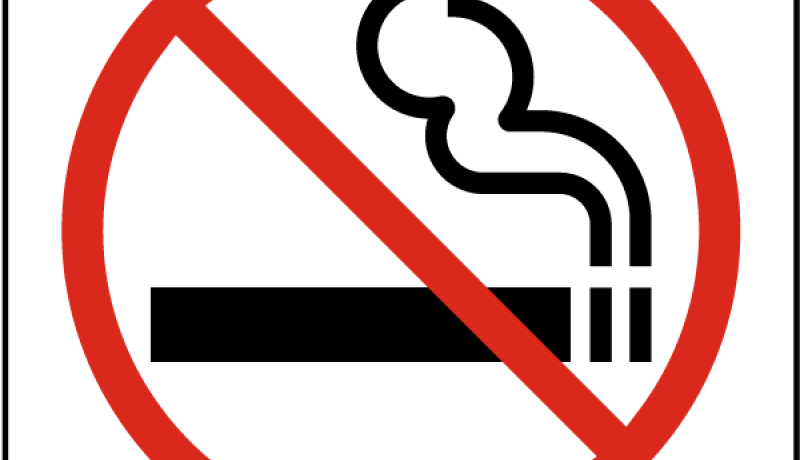There's still time to enroll for our Winter Intersession and Spring 2025 semesters in both undergraduate and graduate programs. Ready to Elevate YOUR Life? Apply Now!
Already a student and need to register for Spring classes? Register now! Contact an academic advisor today at 201-200-3300 or uac@njcu.edu or schedule a virtual appointment with an advisor!
NJCU Receives Grant to Address Tobacco Use on Campus

Jersey City, NJ – NJCU announced its plan to join a national movement to address smoking and tobacco use at college campuses throughout the U.S. NJCU will ask students, faculty and administration to support the adoption of a 100 percent smoke- or tobacco-free policy.
Over the next 17 months, NJCU will engage the campus community to address tobacco use. A taskforce will be formed to oversee the project, assess tobacco use behavior and attitudes, identify a treatment plan for current smokers and develop a policy. Two students will develop and lead educational efforts to build a movement to become a tobacco-free campus.
NJCU’s efforts are part of a growing trend to clean the air on campuses. Currently, more than 2,100 higher education institutions in the United States have gone smoke- or tobacco-free.
NJCU was one of 18 minority-serving institutions and community colleges that will receive funds and technical support from Truth Initiative®, the nation’s largest nonprofit public health organization dedicated to making tobacco use a thing of the past. Over the past three years, Truth Initiative has partnered with 135 colleges, reaching more than 1.2 million students and 275,000 faculty and staff across 35 states.
“With 99 percent of smokers starting before age 26, college campuses are critical platforms for preventing young adults from starting tobacco use, aiding those current tobacco users in quitting and reducing exposure to secondhand smoke for all,” said Robin Koval, CEO and president of Truth Initiative. “We are looking forward to supporting NJCU’s efforts to make smoking and tobacco use a thing of the past.”
Today, 38 million Americans ages 18 and above still smoke — and tobacco use remains the number one cause of preventable death in this country. Research also shows that there are dire health consequences for nonsmokers too. Secondhand smoke exposure causes cancer and cardiovascular disease among other secondhand smoke diseases, which are responsible for more than 41,000 deaths among nonsmoking adults in the U.S.
Minority-serving institutions and community colleges tend to serve students who are at greater risk for tobacco use, including low-income, racial and ethnic minority and first-generation students.
Background:
A 100 percent tobacco-free policy prohibits the use of any tobacco product, such as cigarettes, cigars, cigarillos, small cigars, pipes, hookah, smokeless tobacco (otherwise known as dip, chew, snuff, spit and snus) and other smokeless products. It can also include electronic cigarettes. A comprehensive tobacco-free policy could also address tobacco sales, marketing, sponsorship and investments at colleges. A 100 percent smoke-free policy is one that prohibits the use of smoke-producing tobacco, such as cigarettes, cigars, cigarillos, small cigars, pipes and hookah, as well as e-cigarettes. Both policies apply to anyone on campus and on any campus property. For more information on model campus policies, visit the American Nonsmokers' Rights Foundation.
###